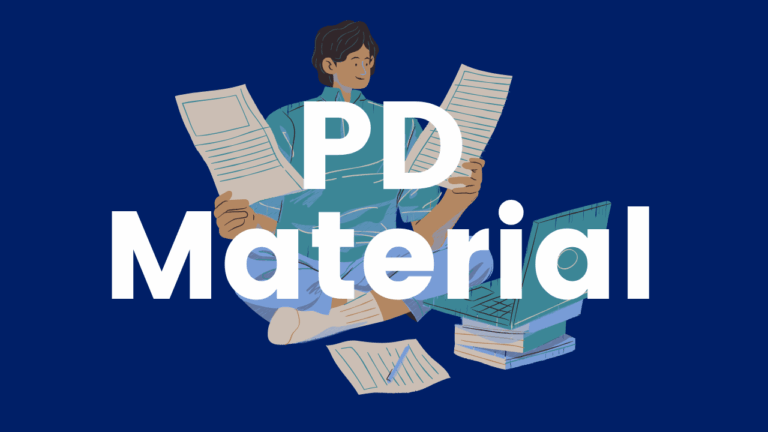Knowledge and Practice: The Real Keys to Critical Thinking
In this Knowledge Matters Campaign article, Daniel Willingham explores the factors that lead to critical thinking skills, noting that background, or domain knowledge, plays a key factor. Willingham notes, “background knowledge is absolutely integral to effectively deploying important cognitive processes,” suggesting that facts that are taught need to be meaningful, can be learned incidentally and…






